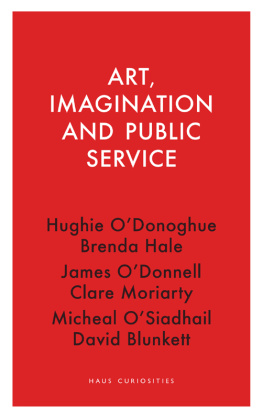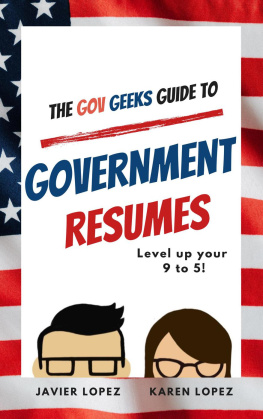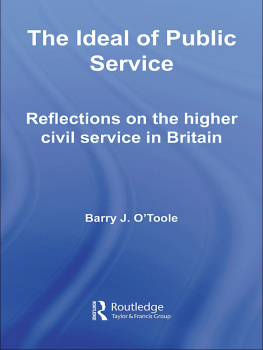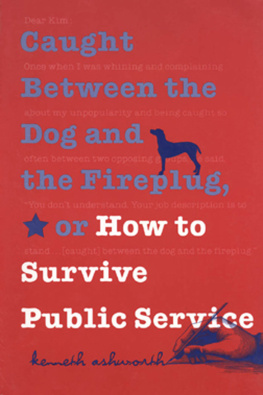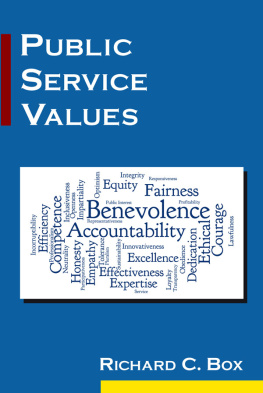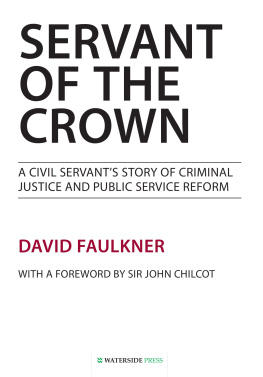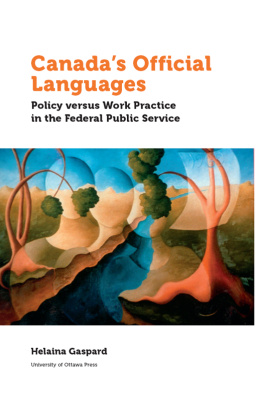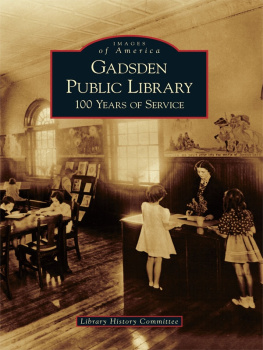HAUS CURIOSITIES
Art, Imagination and Public Service
About the Contributors
David Blunkett is a former Education and Employment Secretary and Home Secretary in Tony Blairs cabinet. He was an MP from 1987 until 2015, when he entered the House of Lords. He is currently Professor of Politics in Practice at the University of Sheffield. He is married with four sons and his home remains in Sheffield, where he was formerly leader of the council.
Micheal OSiadhail is a poet. His Collected Poems was published in 2013, One Crimson Thread in 2015, and The Five Quintets in 2018. He was awarded an Irish American Cultural Institute prize for poetry (1982) and the Marten Toonder prize for Literature (1998). The Five Quintets was named the Conference on Christianity and Literature Book of the Year (2018) and received an Eric Hoffer Award (2020). He lives in New York.
Brenda Hale retired as President of the Supreme Court of the UK in January 2020, after twenty-six years as a full-time Judge in the High Court, Court of Appeal, House of Lords, and Supreme Court. Before that, she was an academic at Manchester University and then a Law Commissioner, specialising in family, welfare, and equality law.
Hughie ODonoghue is a painter born in Manchester, with an MA in Fine Arts from Goldsmiths College, London. He was elected a Royal Academician in 2009. His major public commissions include stained glass windows for The Lady Chapel in Westminster Abbey and a painting, St Martin Divides his Cloak, for the Imperial Society of Knights Bachelor chapel in St Pauls Cathedral. He has been the subject of solo exhibitions at venues including Haus der Kunst in Munich, the Imperial War Museum in London, and the Irish Museum of Modern Art in Dublin.
Clare Moriarty was a civil servant for nearly thirty-five years, latterly as Permanent Secretary of the Department for Environment, Food & Rural Affairs and of the Department for Exiting the EU. She promotes people-centred leadership with an emphasis on diversity and inclusion, and speaks regularly about the importance of valuing emotion and creating space for difference. She is a lifelong choral singer and lover of nature.
James ODonnell was appointed Organist and Master of the Choristers at Westminster Abbey in 2000. He read for a degree in Music at Jesus College, Cambridge, where he was an organ scholar and is now an Honorary Fellow. He was Master of Music at Westminster Cathedral from 1988 to 1999, and has also served as an Organ professor at the Royal Academy of Music and President of the Royal College of Organists.
Edited and with an introduction by
ClaireFoster-Gilbert
ART, IMAGINATION AND
PUBLIC SERVICE
David Blunkett, Micheal OSiadhail
Brenda Hale, Hughie ODonoghue
Clare Moriarty, James ODonnell
First published by Haus Publishing in 2021
4 Cinnamon Row
London SW11 3TW
www.hauspublishing.com
Copyright Westminster Abbey, 2021
The right of the authors to be identified as the authors
of this work has been asserted in accordance with
the Copyright, Designs and Patents Act 1988
A CIP catalogue record for this book is
available from the British Library
Print ISBN: 978-1-913368-18-0
Ebook ISBN: 978-1-913368-19-7
Typeset in Garamond by MacGuru Ltd
Printed in Czech Republic
All rights reserved
Acknowledgements
Sincere thanks are due to the Dean and Chapter of Westminster, the Steering Group and Council of Reference of Westminster Abbey Institute, Asha Astley, Margaret Blunkett, Edoardo Braschi, Harry Hall, Alice Horne, Aneta Horniak, Kathleen James, Sam Laughton and the Elysian Singers, Sen Moore, Clare ODonoghue, Barbara Schwepcke and Jo Stimfield.
Introduction
Claire Foster-Gilbert
If a politician or a judge or a civil servant takes time to look at a painting, or listen to music, or learn and recite a poem, will it make a positive difference to their public service? Monica Furlong writes:
It can feel an eccentricity to settle ones tired body and mind down to pay attention to Shakespeare or Beethoven or an exhibition or an opera. But those who are addicts of such experiences know, as by a kind of faith, what they are about. However wearily and unwillingly they go they find themselves caught up, transformed by something outside themselves, which, without taking account of their particular problems, yet speaks to their universal condition.*
Art feeds the imagination and nourishes our souls. It helps us stay open and attuned to the deeper flows of life. Inevitably it will influence our beliefs, perceptions, and feelings, even though it can be hard to see exactly how.
* Monica Furlong, Contemplating Now (London, 1971), 102.
Beliefs, perceptions, and feelings matter because they determine the way we see the world and how we respond to it. They work at the level of the disposition of a person rather than what he or she objectively chooses to attend to. They form our character and seep into our outward decisions and actions, even as we seek to apply reason and rationality to all we do. They are, then, subtle policy drivers.
Westminster Abbey Institute seeks to nourish the roots of public service, believing that our public servants, and the institutions through which they serve, do not think and decide and act from nowhere. The dispositions of people and institutions need conscious formation because humans are not well disposed (or for that matter ill disposed) by default. If attention is not paid to what underlies public service, then the public service itself can be corroded.
Here in our dispositions lurk the unconscious biases that unintentionally make some people outsiders as we fail to notice the ways in which we recognise and promote those whom we feel are like ourselves. Here is the place where the charismatic politician is in danger of believing their own emotive rhetoric, employed to garner support, amounting to no more than empty populism. And here is where, even as sciences contribution to public policy is being outwardly recognised and championed, we are confounded by conspiracy theories whose influence is visceral, impossible to counter with rational argument.
Rational argument, rigorous gathering of evidence, impartial representation, and equitable distribution of services are vital to public service. All these provisions are meted out by human beings, though, with inevitably partial perception, an inadequate grasp of all the facts, and numerous unconscious biases. Artificial or enhanced intelligence can help. But computer systems themselves have baked-in biases from the unconscious priorities of programmers.
One might think that the solution to excellent public service is to create full perception; enable the grasping of all relevant facts; remove the unconscious biases; forbid charismatic people from standing for political office. But were we to achieve such a godlike or rather a quantum computer-like state, we would, I suggest, have also removed our humanity, which is essential to great public service and leadership. The non-utilitarian, incommensurable, numerically indefinable place where beliefs and perceptions sit is a dangerous place, but we need it. Belief in conspiracy theories is irrational, but openness to the as-yet-unknown is not. Empty populist rhetoric misdirects loyalty, but good rhetoric induces powerful, courage-building emotions of loyalty and love. Distorted love unconsciously discriminates against the other, but protective love and service can be available to all. And it is in the very recognition of our propensity to see only partially and to believe mistakenly that humility is engendered. Hard on humilitys heels comes the willingness to learn from those mistakes. It is our humility that enables us to continue to learn and grow and understand further and keep asking questions in short, to evolve.

